The great sweep of Boehmes vision includes both man and the universe, the nature of God and of the soul. He remains one of those cloud-wrapped immortals who must be rediscovered and reinterpreted by the adventurers of every age.
Evelyn Underhill, author of Mysticism
ABOUT THE BOOK
Here, for the spiritual adventurers of our own age, is an accessible introduction to one of the most important of the Christian mystical writers. Jakob Boehme (15751624) was a humble shoemaker of Grlitz in eastern Germany who, in response to the visionary experiences that began for him as a teenager, wrote a series of theosophical treatises that explore the nature of God and humanity. His ability to give words to the ineffable has never been surpassed, and his influence can be felt in the generations of mystics who followed him, as well as in Pietists, German Romantics, Quakers, and American utopianists, among many others. Five of Boehmes most essential works are presented here in fresh translations that demonstrate why Underhill called him one of the most astonishing cases in history of a natural genius for the transcendent.
MICHAEL L. BIRKEL, PhD, is professor of Religion, Earlham College, Richmond, Indiana. He is a member of the Religious Society of Friends.
Sign up to learn more about our books and receive special offers from Shambhala Publications.

Or visit us online to sign up at shambhala.com/eshambhala.
GENIUS OF THE TRANSCENDENT
Mystical Writings of
JA KOB BOEH ME
Translated by
Michael L. Birkel and Jeff Bach

Shambhala
Boston & London
2011
Shambhala Publications, Inc.
Horticultural Hall
300 Massachusetts Avenue
Boston, Massachusetts 02115
www.shambhala.com
2010 by Michael L. Birkel and Jeff Bach
All rights reserved. No part of this book may be reproduced in any form or by any means, electronic or mechanical, including photocopying, recording, or by any information storage and retrieval system, without permission in writing from the publisher.
Library of Congress Cataloging-in-Publication Data
Bhme, Jakob, 15751624.
[Selections. English. 2010]
Genius of the transcendent: mystical writings of Jakob Boehme / translated by Michael L. Birkel and Jeff Bach.1st ed.
p. cm.
Includes bibliographical references
eISBN 978-0-8348-2230-6
ISBN 978-1-59030-709-0
1. Mysticism. 2. Theology, Doctrinal. I. Birkel, Michael Lawrence. II. Bach, Jeff, 1958 III. Title.
BV 5095. B7 A 25 2010
248.22dc22
2009034485
To our families
This book began through friendships, formed by our daughters in middle school and between us through professional contacts and through a reading group for biblical Hebrew during the time when both our families lived in Indiana. As we learned more about each others research interestsMichaels in the Religious Society of Friends (or Quakers) and Jeffs in Radical Pietism and the Church of the Brethrenwe discovered that both the Friends and the Brethren had early exposure to Jakob Boehme. This book grew out of a shared interest in finding out more about Boehme and our traditions, the Quakers and the Brethren. We thank our daughters, Anna Margaret Birkel and Rebecca Bach, for starting the connections. We are also grateful to our friends in the Hebrew reading group: Nancy Bowen, Gordon Thompson, and Robert Southard ( ).
).
This project intends to present selections from Boehmes writings in a way that introduces readers to some of his world of symbol and spirituality. Discerning readers may at times identify two distinct voices in this book. As collaborators we thank one another for giving each other permission to interpret Boehme in his own theological idiom. The texts include some accessible selections and some that represent the wider range of Boehmes complexity. Ultimately we tried out this process in an academic course. To the students who joined us for this experiment in spring 2006 at Earlham College, Bethany Theological Seminary, and Earlham School of Religion, all in Richmond, Indiana, we extend our thanks.
We began our reading of Jakob Boehme with the copy of the 1730 edition of his complete works, which is housed in the Abraham Harley Cassel Collection of Bethany Theological Seminary in the archives of Lilly Library at Earlham College. We thank our colleagues there, especially Thomas Hamm and Michelle Riggs (since departed for Louisiana) and Christine Larson, formerly the theological librarian at Lilly Library. The interlibrary loan departments at both Elizabethtown College and Earlham College also receive our gratitude. For technical assistance in handling the text of this book in various stages, we thank Hillary Daecher, administrative assistant at the Young Center for Anabaptist and Pietist Studies at Elizabethtown College, and Deanna Airgood, administrative assistant for the religion and philosophy departments at Earlham College. Michael thanks Earlham College for the sabbatical leave that freed him to work on this project, and his son Jonathan for computer guidance.
Finally, we are thankful to our editors at Shambhala Publications: David ONeal for his advocacy of this project and his supportive guidance, and Chloe Foster for her expert care. May all these people, and the readers of this book, experience the joy that Jakob Boehme wrote about.
If you can swing yourself up for a moment into that in which no creature dwells, then you will you hear what God speaks.
If you keep silent from sensing and willing of your self, then the eternal hearing, seeing, and speaking will be revealed within you.
If you would remain silent, then you are what God was before nature and creatureliness.
W ITH THESE PROMISING WORDS and exacting challenges, we are invited into the rich and complex cosmos of Jakob Boehme: the humble shoemaker of Grlitz, Bohemia; a mystic, prophet, and self-taught theosophist. Each generation since his time has found its own way into his compelling vision of the inward life, and this volume aspires to present some of his words afresh for the present generation of spiritual seekers.
Boehmes Illumination
The person of Jakob Boehme is as compelling as his writings, even if any portrait of him is a mixture of facts and uncertainties, both of which were supplied by his disciple and biographer, Abraham von Franckenberg. We know that Boehme entered this world in 1575 in Alt-Seidenberg, a village near the city of Grlitz, the fourth of five children born to Jakob and Ursula Boehme, who were free peasants. They were prosperous enough to obtain some elementary schooling for their son and to apprentice him to a cobbler, a trade that the younger Jakob followed until his later years when he closed his shop and entered the linen trade. Less reliable, perhaps, are the stories about a visitation from a stranger who foretold greatness for Jakob when he was a young apprentice.
Both Boehme and his biographer wrote of a turning point in Boehmes life, an experience of spiritual illumination. Franckenbergs account tells of a vision, inspired by the brilliance of sunlight reflected from a pewter dish. This radiance opened to the young Boehme the inner secrets of the natural and divine worlds, and this feeling of illumination only intensified as he walked out into the countryside, where the natural world confirmed his experience. Boehme was twenty-five years old at the time of this experience, and he continued to ply his craft as a shoemaker without writing anything about his illumination. Twelve years later another inner experience convinced him that he must commit his insights to writing, though he later acknowledged that he did not expect his writing would be read by anyone other than himself.
Next page
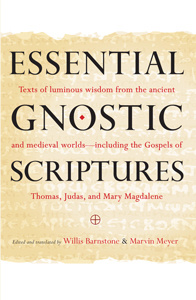
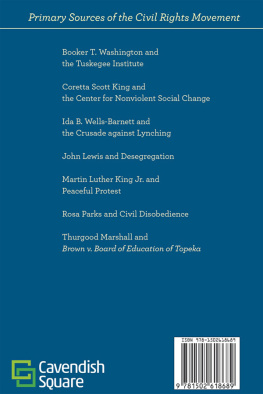

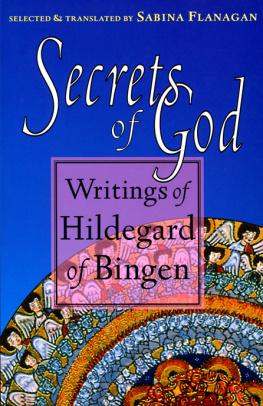

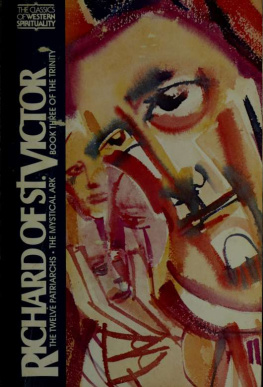
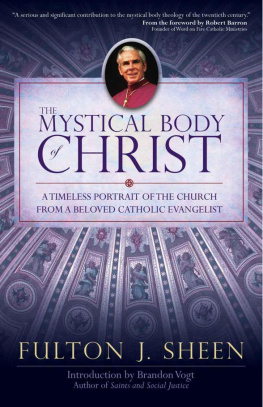
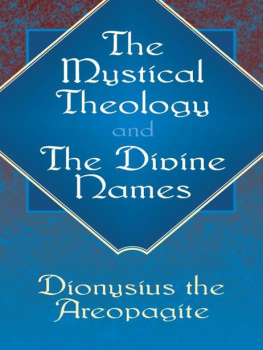
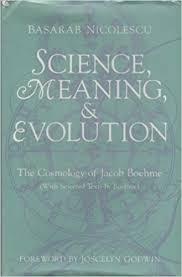
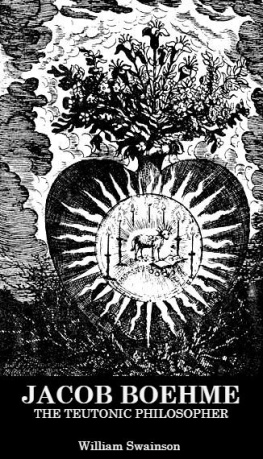
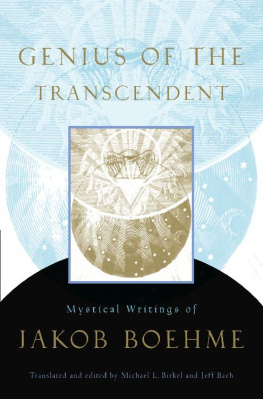
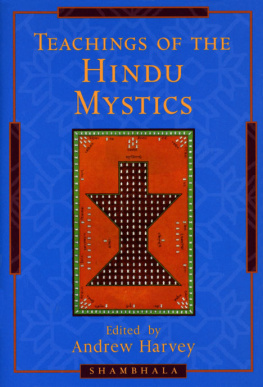


 ).
).